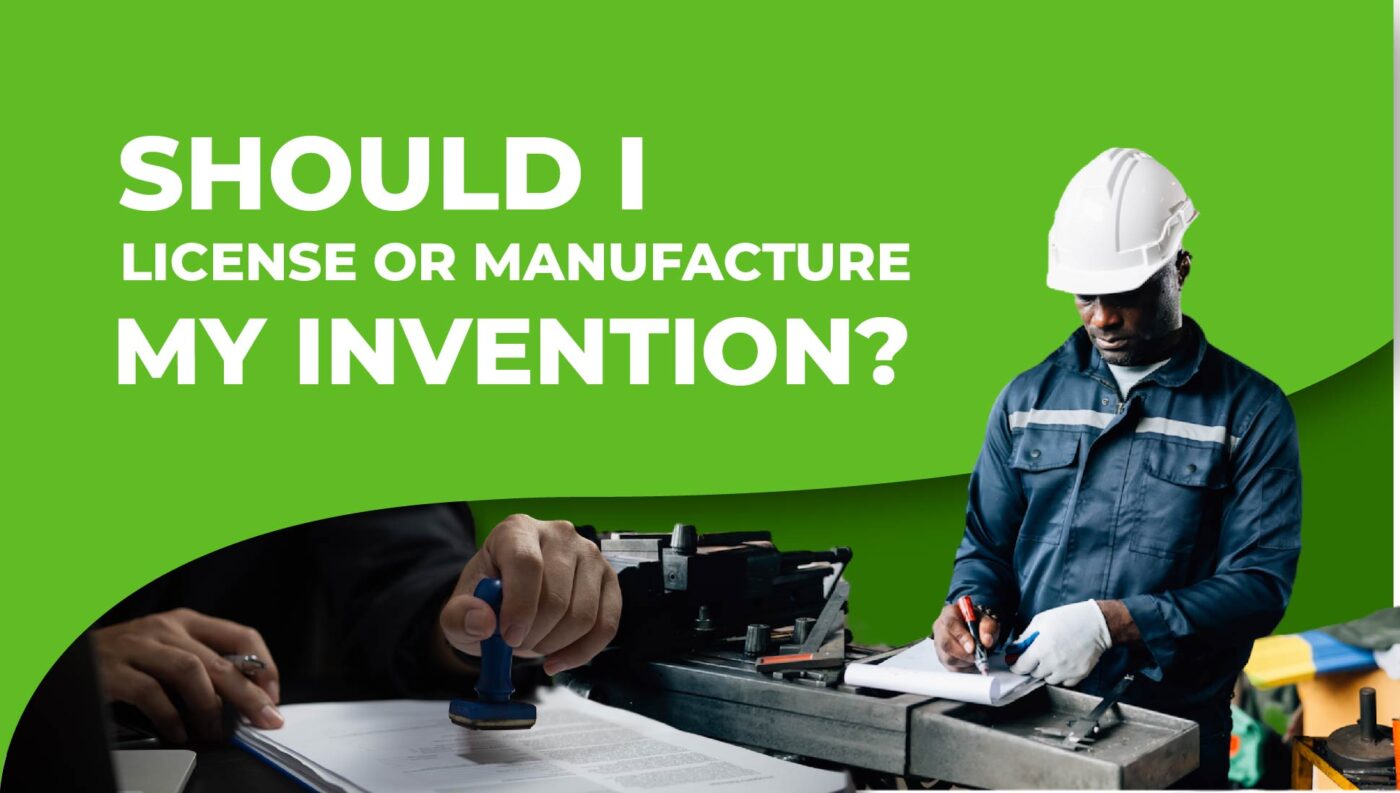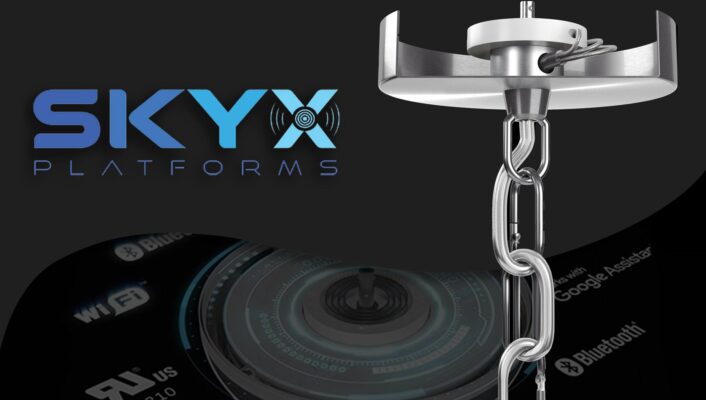Every single new inventor will face the same crossroads.
Should you license your idea or should you manufacture it?
Now, this is not an easy question to answer, because every invention and entrepreneur is different. There are, however, some general pros and cons to each option.
In this article, I will be listing the PROS and CONS of both options, and hopefully, by the end, you will be able to choose which path is right for you.
So, let’s begin with licensing
Licensing:
When you license your idea, someone else will pay you for the right to produce it. They will handle all the manufacturing, marketing, and distribution.
They take all the risk and you sit back and collect a royalty percentage.
The main advantage of licensing is that it requires very little upfront investment from you. You don’t have to put any money into manufacturing or marketing, someone else will handle all the commercialization.
A downside is that you won’t have as much control over your idea. The company that licenses it from you can change it, produce it cheaply, or market it poorly.
And, of course, you won’t receive as much money per unit sold since you’re splitting the profits with the licensee.
Another downside to licensing, honestly… is getting a real licensing deal without any prior sales. Most investors need to see proof of sales and profitability before even touching an idea.
And it makes sense. Why should they put all the money and risk into creating YOUR invention?
If you’ve ever watched SharkTank, you’ll notice that every time an entrepreneur says that they haven’t had any sales yet, the sharks immediately see that as a red flag for them not to invest.
If you decide to go the licensing route, be sure to do your research and choose a reputable company. Make sure they have a good track record of working with inventors and are committed to marketing your product well.
Here are the pros and cons of licensing
PROS:
- You don’t have to worry about the financial investment of manufacturing.
- You can focus on improving and perfecting your invention.
- You can generate income while someone else deals with the invention.
CONS:
- You have less control over how your invention is produced and marketed to the world
- Its extremely difficult to find a company that is willing to license your invention in the first place
- There is always the potential that the company will not be successful in marketing and selling your invention, which could lead to it never being commercialized
Examples Of Inventors That Licensed Their Invention
Lorem ipsum dolor sit amet, consectetur adipiscing elit. Ut elit tellus, luctus nec ullamcorper mattis, pulvinar dapibus leo.
Dean Kamen
Inventor of the Segway, Dean licensed his invention to Segway Inc.
James Kelly
The inventor of the aircraft black box, James licensed his invention to Honeywell.
MANUFACTURING:
Manufacturing your invention is the process of working with a manufacturer to mass produce your product, then you market, sell, and distribute it.
Related: Manufacturing in the USA or China
This means you are responsible for every single part of creating and selling your product. You are taking all the risk and making a serious investment into it.
But this also means you will have complete control over your product.
There are several benefits to manufacturing your own product, invention, or device.
For starters, you don’t have to worry about finding a company that is willing to license your invention. If you want to sell your invention, you can do so without having to find a company that is interested in manufacturing it.
Also worth a mention is, that you can reap all the financial rewards of your invention. If your invention is successful, you will be able to make all the money, with no small percentages.
Now, with all the upsides there will always be downsides…
If you fail at marketing your idea or have issues with your manufacturing, or anything that goes wrong in the process, you are responsible for it.
According to several sources including MIT, up to 75% of all new products fail! Regardless of it being released by a big company or start-up.
This means 75% of all new products aren’t able to be scaled profitably or just flat-out tank.
Source: https://www.kauffmanfellows.org/journal_posts/whatever-product-youre-building-it-will-probably-fail
To get the reward, you must be willing to take risks to make it work.
If you are planning to manufacture your invention, be sure to do your research and understand the process. There are a lot of things that can go wrong, and you need to be prepared for it.
Here are some pros and cons of manufacturing.
PROS:
- You have full control over the manufacturing process
- You can ensure that your invention is produced to your standards
- You can generate higher income through the sales of your invention
CONS:
- The financial investment in manufacturing can be costly
- You are responsible for marketing and selling your invention
- There is always the potential that your invention will not be successful in the marketplace
Examples of Inventors that manufactured their own inventions
Thomas Edison
Whether or not the light bulb was his invention or not. You can’t deny that he is the one who saw the opportunity to mass manufacture the light bulb, he ended up taking all the risks but also gaining all the rewards.
Alexander Graham Bell
Now, this guy you may not know about but you should. He is the guy who invented the first practical telephone, he then manufactured it and then started a company called American Telephone & Telegraph Company, known today as AT&T!!
These examples show us that it is possible to be a successful inventor by manufacturing your own invention. However, every entrepreneur is different, so consider other options such as licensing your invention or selling it to a company.
In Conclusion
Do Licensing if you purely only want some financial gain with no control or responsibility for your invention.
Do Manufacturing if you want all the financial gain but with all the control and responsibility of your invention.
Thank you for reading!




